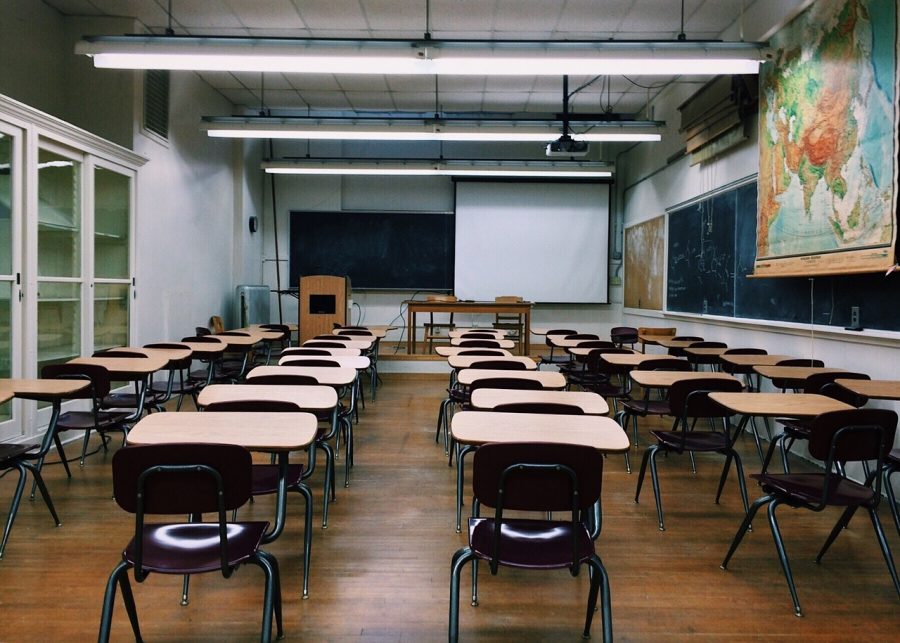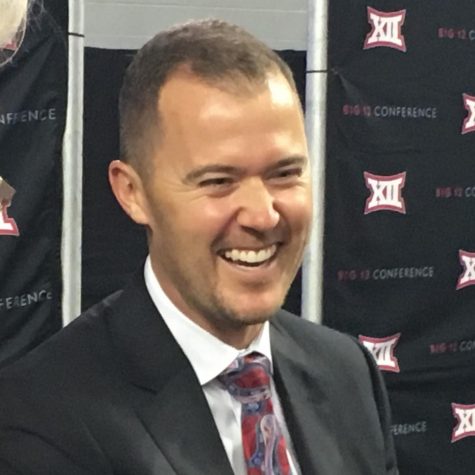Why Schools Should Limit Political Discourse in the Class Room
How modern politics disrupts and damages the learning environment of the classroom
As politics across America become more contentious schools are beginning to ban political discourse in the classroom. In a modern school environment, political discourse can be a minefield. Politically, the US has not been as hatefully divided as it is now since the civil war. This has caused the topic of politics to have become a highly delicate and sensitive matter that when brought up in a class setting, can cause verbal chaos, something I have experienced first-hand several times. Because of this contentiousness around politics, political discourse, for the time being, should be heavily limited in the classroom.
In the modern classroom, especially during this pandemic, it can be difficult to focus. This can be compounded when a classmate brings up politics. Soon after the issue is mentioned, the whole class is engrossed in an unproductive, distracting, and non-persuasive political discussion. This kind of argument wastes time that, especially during the current pandemic, is valuable and a key to a student’s success.
Studies such as the Kaplan study on the desire or humans to accept convenient lies for political loyalty have found that it is very difficult to change someone’s mind on politics. They have also found that standard debate tactics like using facts and numbers to blow up your opponent’s claims do little to alter their stance or find common ground. Now return to the modern classroom and the vast majority of what will be said is going to be information or facts. This will cause no common ground to be reached. This will also lead to students on both sides of the political spectrum to become further entrenched in their stances. This could even go so far as to undermine the authority of a teacher if they were to interject their controversial personal feelings.
Today’s world is a world filled with widespread misinformation that has been legitimized by social media platforms. In the classroom, during a political discussion, it is likely that at least someone in the room, who is debating, will be misinformed. While this may be a good opportunity for the teacher to correct the student and to change his or her mind, there is the chance that the teacher is also misinformed or doesn’t know the difference between misinformation and real information. This lack of a challenge can then be seen as an affirmation of the student’s false declaration and can further spread disinformation.
One of the most common reasons friends and families growing distant from one another is because of politics. This can occur in a classroom too, damaging friendships and the unanimity of a classroom. One student will also likely dominate the conversation as well which will make it difficult for an actual exchange of ideas to be had or for everyone’s beliefs to be represented equally.
Most people when they disagree with this say that restricting political discourse in the classroom violates the first amendment. A private school like Regis does not have any such restrictions placed on it by the first amendment. Additionally, as long as the discourse is disrupting the order of the classroom or is distracting students then the first amendment doesn’t apply to the situation at any school, including a public school, and the topic can be banned. Another thing most people say when they disagree is that political discourse in the classroom can be helpful, but with politics in the chaotic hateful state they are in now, unregulated political discussions in the classroom will not be productive and will instead result in a shouting match. As a standard though, I recommend all schools ban all non-teacher-directed and prompted political discourse in the classroom for the time being.
Because of the disruption, modern-day political discourse can cause, schools should strongly limit and regulate such discussions in the classroom setting. The impacts of political discourse being allowed in that classroom affect the ability of the teacher to teach the curriculum and for the students to focus during class. In the end, though we need to ask ourselves is it worth the chaos to have political discourse in the classroom?




